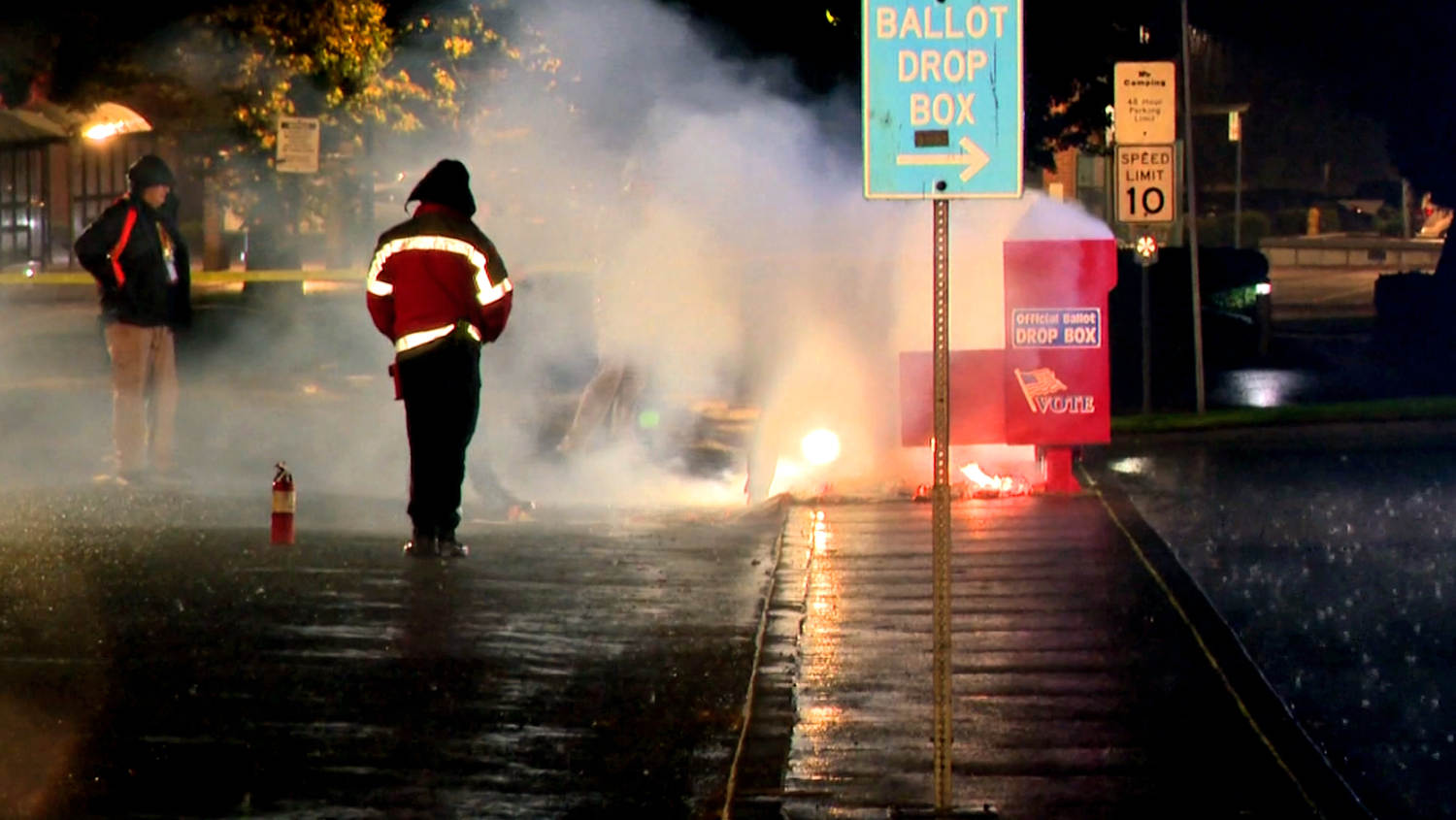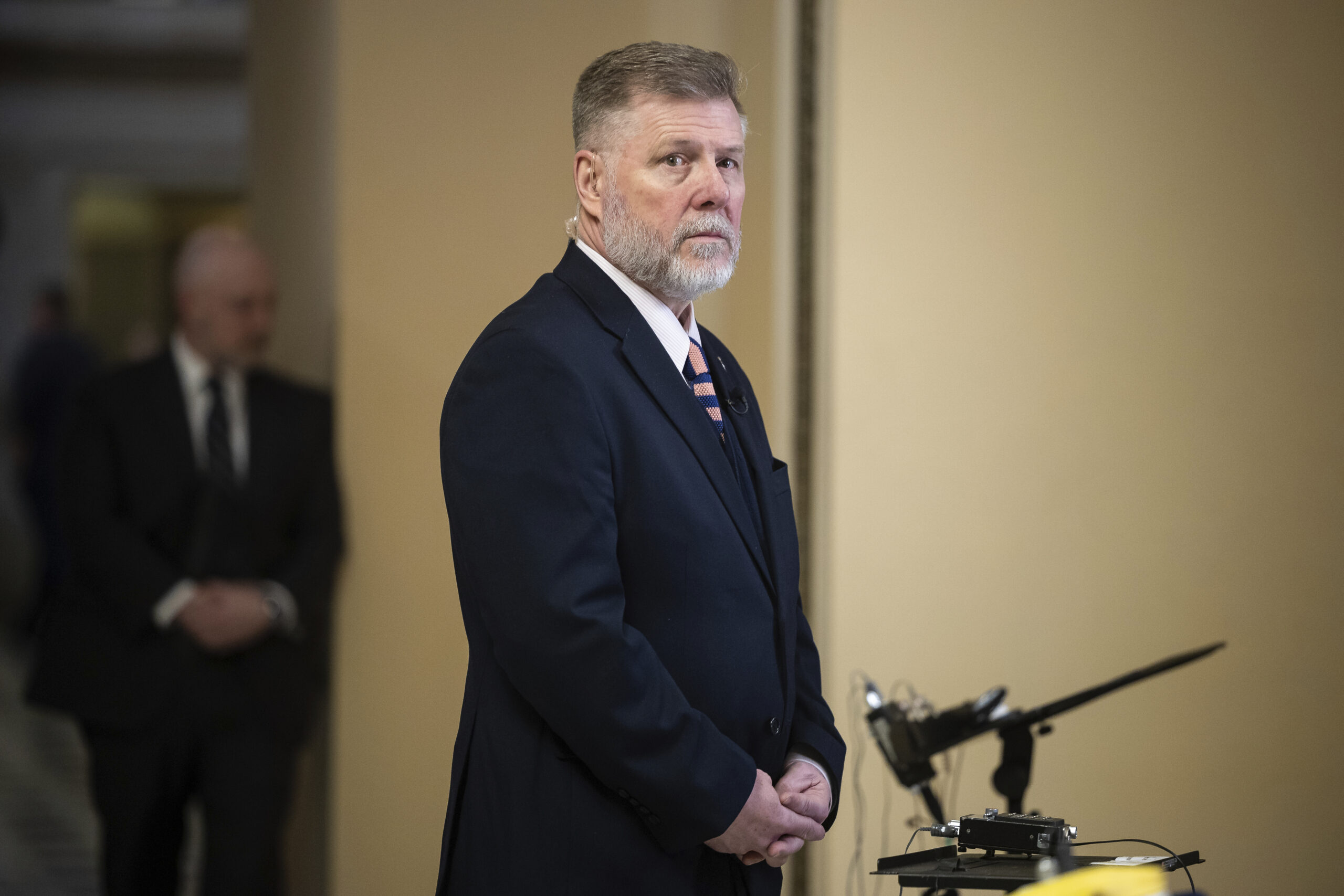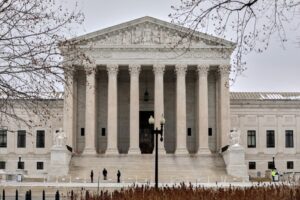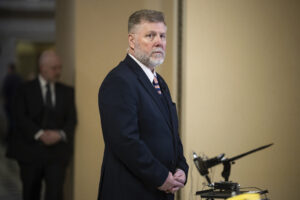Politics
I’m an election law expert. Here’s what happens when ballots are burned.

News of arson fires that started Monday in ballot boxes in Vancouver, Washington, and in Portland, Oregon, show that not all threats to the integrity of our elections come from well-organized militias or foreign governments. The Portland Police Bureau has already released photos of a vehicle authorities say was involved with at least one of the incidents, and possibly others. “We don’t know the motive behind these acts,” Assistant Chief Amanda McMillan said in a statement. “We do know acts like this are targeted and they’re intentional and we’re concerned about that intentional act trying to impact the election process. We’re dedicated to stopping this kind of behavior.”
That’s good to hear. Clearly, there are individuals determined to wreak havoc on our elections. And federal and state authorities need to extinguish this kind of violence before things get more out of hand.
Even if any ballots were destroyed in this week’s fires, voters should still be able to cast replacements.
In Oregon, the Multnomah County Elections Division said in a statement that “fire suppressant inside the ballot box protected virtually all the ballots.” Three ballots were damaged, and county Elections Director Tim Scott said the affected voters were being contacted.
But even if any ballots were destroyed in this week’s fires, voters should still be able to cast replacements.
Voters in Oregon and Washington are lucky enough to live in states with excellent election administration, including elaborate systems to track the path of one’s ballot from the time it is sent to a voter until the time it is received by election officials. Voters who might have put their ballots in one of the affected ballot boxes will have ample opportunity to contact election officials and get and then cast replacement ballots, assuring that they won’t be disenfranchised by this despicable antidemocratic act.
But there could be other attempts to interfere with the 2024 election over the next week that might not be so easily remedied. (One of the final episodes of the television show “Succession” features a not-implausible fire that destroys 100,000 uncounted mail-in ballots in Milwaukee, with grave, albeit fictional, electoral consequences.) And even if there aren’t large-scale attacks on our election processes, even the fear of violence or interference could deter people from voting. In 2022, for example, vigilantes patrolled a ballot drop box area in Arizona before a federal court enjoined the intimidating conduct. We don’t know what individuals or groups have planned for this time, but government officials are warning of possible extremist violence.
The potential for violent escalation makes it crucial for law enforcement to make the investigation and prosecution of Monday’s ballot attacks a priority. The FBI says it is coordinating with local authorities, which is the right move. We need law enforcement to act vigorously to identify the perpetrators of these crimes and bring them to justice.
There are a number of federal statutes that could be used to charge arsonists who burn ballots, including one that bars the destruction or mutilation of ballots and another that bars using force to interfere with voting. State laws also classify ballot burning and similar activities as crimes. Washington state, for example, prohibits tampering with voting materials and devices used in voting. Oregon law provides that a person “may not willfully alter or destroy a ballot cast at an election or the returns of an election.”
In addition to prosecuting the crimes that have already occurred, it is crucial to ensure that voters feel welcome and safe to vote in coming days.
In the end, the idea of free and fair elections means that eligible voters should be able to easily cast ballots that will be fairly and accurately counted, in a system free of violence and intimidation. It’s a sad testament to American democracy that this needs to be said, but it does. Now is the time for all of us to remain vigilant to assure free elections and a peaceful transition of power in the weeks and months ahead.
Richard L. Hasen is professor at UCLA School of Law, where he directs its Safeguarding Democracy Project. He is an NBC News/BLN election law analyst.
Politics
White House wants a reprieve in spy-powers fight that is splitting the GOP

The Trump administration is pushing for a clean extension of Section 702 surveillance authority ahead of an April deadline…
Read More
Politics
White House wants a reprieve in spy-powers fight that is splitting the GOP
The Trump administration is pushing for a clean extension of Section 702 surveillance authority ahead of an April deadline…
Read More
-

 The Dictatorship1 year ago
The Dictatorship1 year agoLuigi Mangione acknowledges public support in first official statement since arrest
-

 Politics1 year ago
Politics1 year agoFormer ‘Squad’ members launching ‘Bowman and Bush’ YouTube show
-

 The Dictatorship5 months ago
The Dictatorship5 months agoMike Johnson sums up the GOP’s arrogant position on military occupation with two words
-

 Politics1 year ago
Politics1 year agoBlue Light News’s Editorial Director Ryan Hutchins speaks at Blue Light News’s 2025 Governors Summit
-

 Politics1 year ago
Politics1 year agoFormer Kentucky AG Daniel Cameron launches Senate bid
-

 The Dictatorship1 year ago
The Dictatorship1 year agoPete Hegseth’s tenure at the Pentagon goes from bad to worse
-
Uncategorized1 year ago
Bob Good to step down as Freedom Caucus chair this week
-

 Politics10 months ago
Politics10 months agoDemocrat challenging Joni Ernst: I want to ‘tear down’ party, ‘build it back up’









